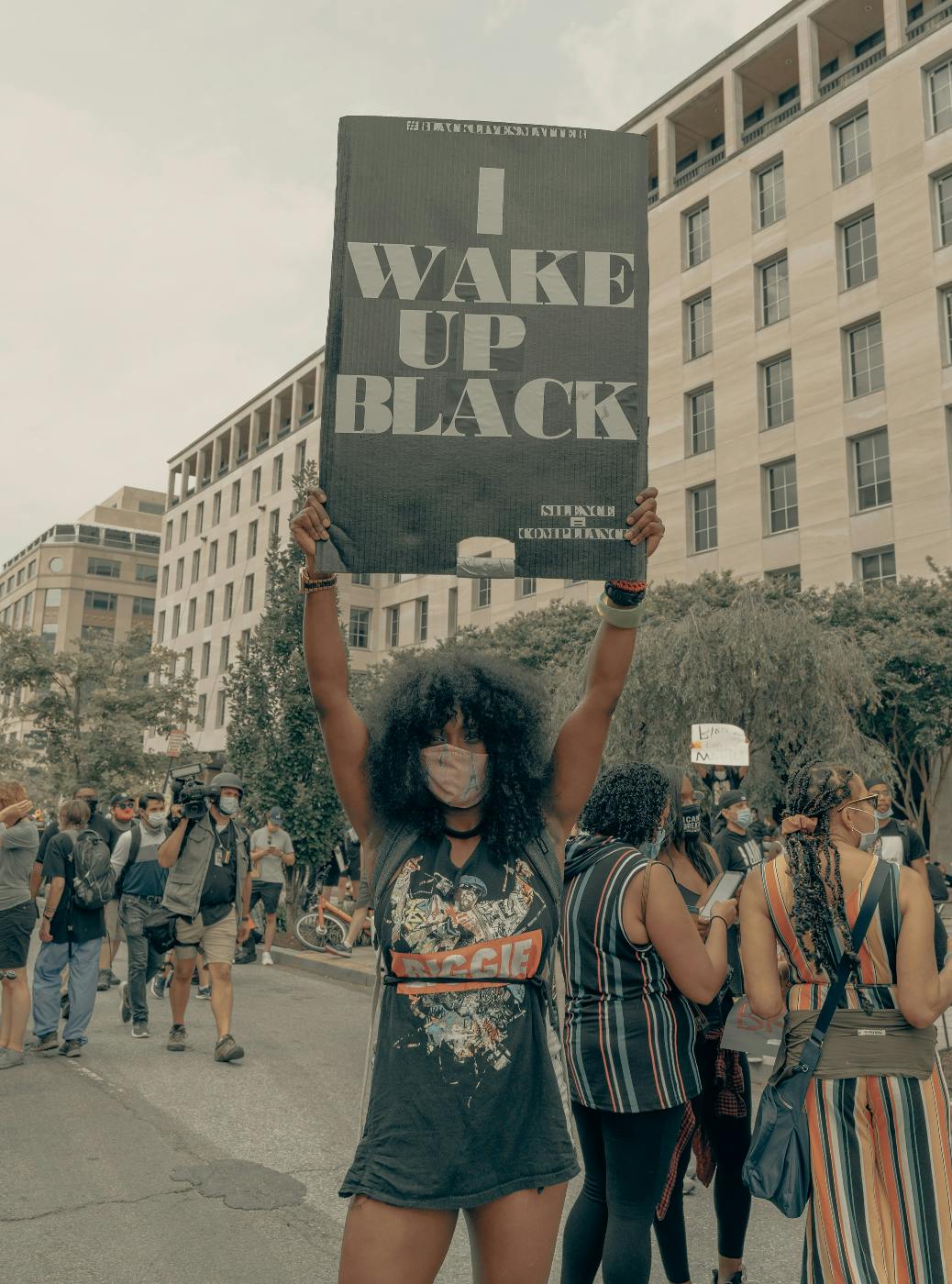

I’ve been in meetings where clients have asked me to make sure I note that their company is authentic
Take a moment and Google the word authentic. I have been tasked with writing about authenticity and have repeatedly managed to skirt that task. I’ve been in meetings where clients have asked me to make sure I note that their company is authentic, and when I follow up with the obvious question, what in the name of all that’s holy does that mean? Usually, I’m met with knowing chuckles, shrugged shoulders, and lips that move but produce no sound. Either that or I’m hit with a ton of rhetoric and sent on my way.
Authentic is a word that has given me fits, brought me to the edge of insanity, left me there with mutes eating tuna salad sandwiches, and returned just to punch me in the face. I’m saying that I do not have a good relationship with the word authentic.
If you do Google the word, you’ll get as many varied definitions as there are minutes in a day. Everyone from pop psychologists to influencers to ad execs to copywriters has an opinion on what authentic means and how important it is. Including, in my opinion, one of the best definitions relates to food, written by Alex Heery in his piece, We Need to Talk About the Word, “Authentic. Heery makes excellent points about the word and relates it to cooking, as he’s a chef. The piece is intelligent, funny, insightful, and man; his food looks delicious.
Other than that, I have seen the same things; being true to yourself, being who you are inside, being original, and the like. Lately, I’ve seen this, authentic means “real.” This is followed up with advice like if you’re in (name a country), avoid the tourist stuff and go where the real people go; that way, you get an authentic experience. So, if you’re a tourist in America, what, you go to Starbucks and experience road rage?
It wouldn’t be such a problem if so much importance weren’t put on being authentic. To me, it’s like finding a soulmate; first, someone has to define a soul, then we can look for a mate. The term is vague, yet people spend their lives seeking that soulmate. Those same people are probably looking for their authentic selves.
Bringing Your Whole Self
Bringing your authentic self, or bringing your whole self to work, is a concept that has gained popularity. Being present 100%, being vulnerable, and not building walls between yourself and the people you work with. I've been told this is a good idea, and a guy named Mike Robbins wrote a whole book about it titled Bring Your Whole Self to Work. He’s an interesting man, intelligent, his book is popular, and he is often asked to speak at important gatherings. In an interview I recently read with Mr. Robbins for Forbes, he is asked what it means to bring your whole self to work; he replies: “it means showing up authentically …” there is more to the interview, and it’s worth a read, but there’s that word again, authentic.
Bringing your whole self to work does touch on the subject of vulnerability. As a creative type person, I understand vulnerability and believe that to do any creative work, you need to be vulnerable. But, if you’re not vulnerable at work, can you still do your job well? Yup, you can. Perhaps you won’t get the same satisfaction out of it that others do, but you’re still doing your job.
Some feel left behind by this bringing your whole self to work mainly introverts. For an introvert, it’s challenging to give away all pieces of themselves because there is a chance they’ll never get those pieces back. And, for an introvert, keeping some things hidden is imperative.
Is an introvert holding back pieces of themself to survive not authentic?
And what if your authentic self isn’t pleasant? Shouldn’t you hide that to survive?
Authentic and workplace Changes

Ok, thanks for your patience; I think I’ve finally come to my point.
So many workplace changes have erupted since the pandemic that it’s difficult to keep track. What with quiet quitting, quiet hiring, barely minimum Mondays, and whatever else is coming down the pike, the word authentic gets even more confusing.
How does one bring their authentic self to work and quiet quit? How does one bring their whole self to work and still participate on barely minimum Mondays?
For me, these new workplace situations mean I need a better definition of authentic.
What if I wake up Monday morning and cannot wait to get to work, I love my job and my little office and the work that happens there. However, in my office, a person is in the midst of quiet quitting. They have decided that the job needs to take second place to a better work-life balance, so they are doing the bare minimum, slowly quitting until they find a better gig. Is that authentic?
Now, what about actively disengaged workers? The number of workers who are actively disengaged is on the rise. These employees are so miserable at work, so frustrated and unhappy that they make a show of their situation. They have a bad attitude and complain, and they will, at times, undermine their fellow employees and the work they are doing. Are these people bringing their authentic selves, their whole selves to work?
If you look at the definitions of authentic and the concept of bringing the whole self to work, we see that breaking down barriers between the person and co-workers and being authentic and vulnerable is the crux. Well, hating your job and not making any apologies for that is pretty damn authentic, isn’t it?
What about the bare minimum Mondays folks? What happens if you get to work and suddenly there is a meeting that everyone needs to attend, but your co-worker actively embraces bare minimum Mondays, that is their authentic self, and they tell you, I can’t go to that meeting, I am in the middle of self-care? Do we accept that little slice of authenticity?
New Rules New Definition

With the evolution of the workplace, due mainly to the pandemic, there are changes that everyone is trying to accommodate and embrace. So with these changes, there needs to be a change in not so much how we define authentic, but what we will accept from people being their authentic selves.
If being real and authentic means actively disengaging from work and acting like a complete ass munch, do employers have to accept that?
If being authentic and real means you come to the office but spend the first three hours of your Monday feng shui-ing your collectible Al Gore statues, do employers have to accept that?
Workers are certainly within their rights to expect more from their job, and asking for a good work-life balance is not outrageous, but how far can employees go and not expect their employers to say, okay, this is too far?
What if your boss shows up with his whole self and says enough, you’re hired to do a job, so do it?
Part of an authentic experience is dealing with the dark side. Suppose you want an authentic experience in New York City. In that case, it will involve dirt, violence, vulgarity, and probably some guy in a diaper trying to convince you that he’s Ulysses S. Grant. He’s bringing his authentic self.
In an authentic workplace, there will be introverts, actively disengaged workers, bare minimum Monday workers, and some who are, in their authentic selves, jackasses; that’s the way the world is. What is allowed? How are the ones just doing their jobs well and then heading home to their families and their lives supposed to behave?
How authentic can we really be when our authentic sleeves get in the way of our authentic paycheck?
Bottom line, with the new changes in the workplace, I am begging the powers that be, please, please, for the love of all that’s holy, rethink and redefine authentic and exactly how much authenticity we can bring to the workplace without being tossed out on our authentic asses?
